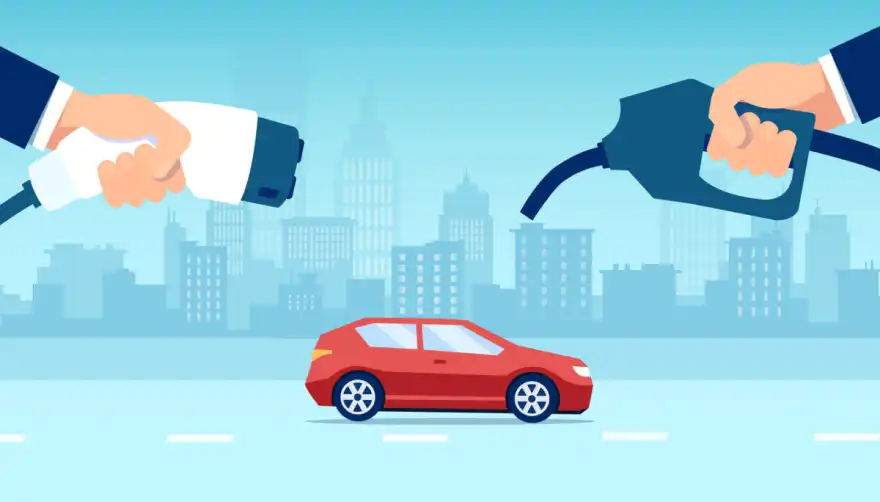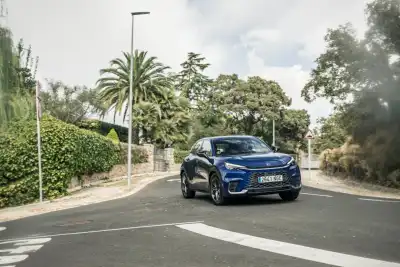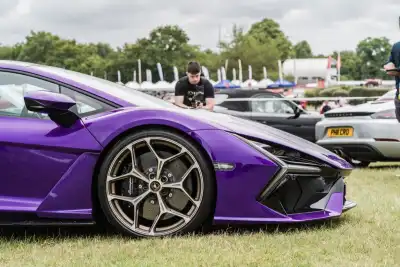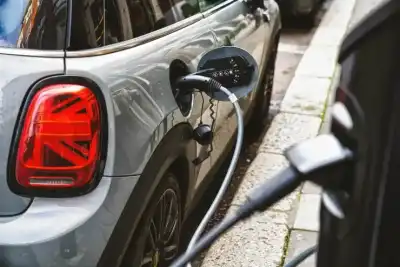
Rachel Reeves has been warned about an £8 billion shortfall in tax revenues over the next five years as more Brits switch to electric cars. With fewer people paying fuel duty, the government is under pressure to find new ways to fill the gap.
The Climate Change Committee (CCC) has urged the Chancellor to consider alternative taxation, including a 'pay-per-mile' scheme where drivers are charged based on the distance they travel, regardless of whether they drive an EV or a petrol car. Similar systems are already in place in Iceland and New Zealand.
Fuel duty has been frozen for 15 years, and with Labour backing a ban on new petrol and diesel car sales by 2030, the government faces a major challenge in replacing the lost revenue. In 2023 alone, fuel duty brought in £25 billion, accounting for 2% of all tax revenue.
The CCC, an independent body advising the government on climate policies, also warned that air travel costs could rise to help cut emissions. By 2050, a return ticket to Spain could be £150 more expensive, while a trip to New York might cost £300 more. Airlines would need to invest in sustainable fuels and carbon capture technology to meet climate goals.
To reach Net Zero by 2050, the CCC suggests:
- 1.5 million heat pumps installed per year by 2035 (up from just 60,000 in 2023)
- 75% of cars and vans and 66% of heavy goods vehicles (HGVs) to be electric by 2040
- More walking and cycling instead of driving
- A 25% reduction in meat consumption compared to 2019
Critics argue these policies could harm the economy. Some believe raising fuel duty or increasing aviation taxes is unnecessary when alternative green technologies already exist. Others see the CCC's recommendations as too restrictive, calling for a more balanced approach that allows people to continue their lifestyles while reducing emissions.
The government now has until June next year to decide on its carbon reduction targets for 2038-2042. Energy Secretary Ed Miliband insists the transition to clean energy will boost the economy and lower household bills in the long run. However, with rising costs and economic uncertainty, the challenge is making these policies work without putting too much strain on people’s wallets.



